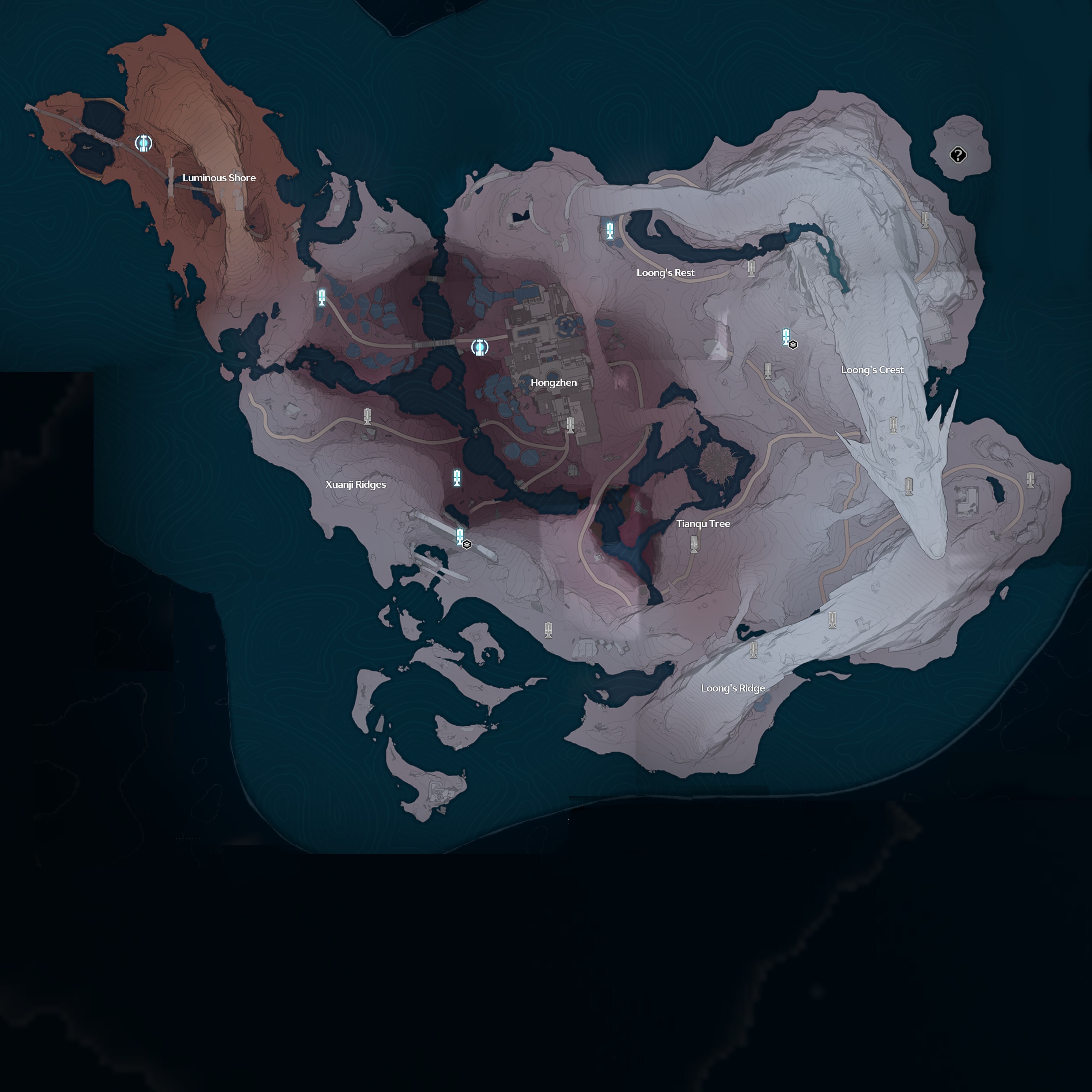Okay, so today I decided to mess around with a little coding thing called the “echo challenge clang bang”. Sounds kinda weird, right? Well, it turned out to be pretty interesting.
First, I fired up my terminal. I’m using a Mac, so it’s just the regular Terminal app. If you’re on Windows, you might use something like PowerShell or Command Prompt. But, you know, the basic idea is the same – a place where you can type commands and the computer does stuff.

The whole point of this “challenge” (it’s not really a challenge, more like a quick test) is to see if you can get some text to show up, specifically by using ‘echo’ and piping it to `clang`. And, you know it add “bang” to the command with ‘!’.
So, I typed in:
echo 'int main() { return 0; }'
All this does is print a very, very simple C program to the screen. It’s basically the smallest C program you can write that does, well, almost nothing. It just tells the computer, “Hey, start a program, and then immediately end it.” The return 0; part means “everything went okay”.
Next, I added a “pipe”. It’s that vertical line character: . In the terminal, a pipe takes the output of one command (in this case, the simple C program we echoed) and feeds it as input to the next command.
The command I piped it to was this:
clang -x c -o hello -
Okay, let’s break that down, now I finally know what does that mean. clang is a compiler. It takes code (like our little C program) and turns it into something the computer can actually run.

-
The
-x cpart tells clang, “Hey, expect C code.” -
The
-o hellopart says, “Name the output file ‘hello’.” -
The final is a little trick. It tells clang to read the input from the “standard input” (which, because of the pipe, is our echoed C program) instead of from a file.
So, the whole line became:
echo 'int main() { return 0; }' clang -x c -o hello -
I hit Enter… and nothing visible happened! That’s actually a good thing. It means clang compiled our program without any errors. If there were errors, they’d be splattered all over the terminal.

Now, to actually run the program, I type:
-
./hello
That does…exactly as you can imagine.
Finally I tried with the ‘!’ operator to re-run my command like this.
-
!echo
Just hit enter, and worked like magic!

So, that’s the “echo challenge clang bang”. A tiny, tiny C program, compiled and run from the command line. It’s a good way to get your feet wet with basic command-line stuff and see how a compiler works in a very simplified way. I wouldn’t say I’m a C expert now (not even close!), but it’s a fun little experiment.

















